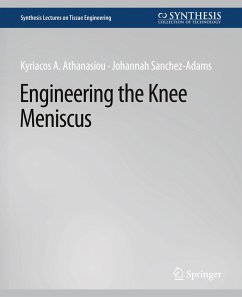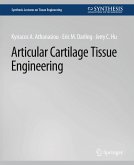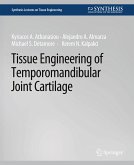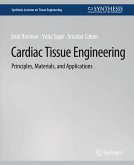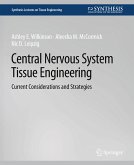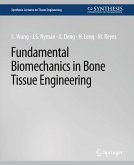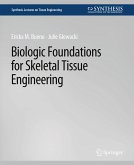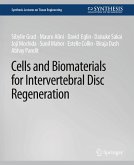The knee meniscus was once thought to be a vestigial tissue, but is now known to be instrumental in imparting stability, shock absorption, load transmission, and stress distribution within the knee joint. Unfortunately, most damage to the meniscus cannot be effectively healed by the body. Meniscus tissue engineering offers a possible solution to this problem by striving to create replacement tissue that may be implanted into a defect site. With a strong focus on structure-function relationships, this book details the essential anatomical, biochemical, and mechanical aspects of this versatile tissue and reviews current meniscus tissue engineering strategies and repair techniques. We have written this text such that undergraduate students, graduate students, and researchers will find it useful as a first foray into tissue engineering, a cohesive study of the meniscus, or a reference for meniscus engineering specifications.Table of Contents: Structure-Function Relationships of the Knee Meniscus / Pathophysiology and the Need for Tissue Engineering / Tissue Engineering of the Knee Meniscus / Current Therapies and Future Directions
Bitte wählen Sie Ihr Anliegen aus.
Rechnungen
Retourenschein anfordern
Bestellstatus
Storno

